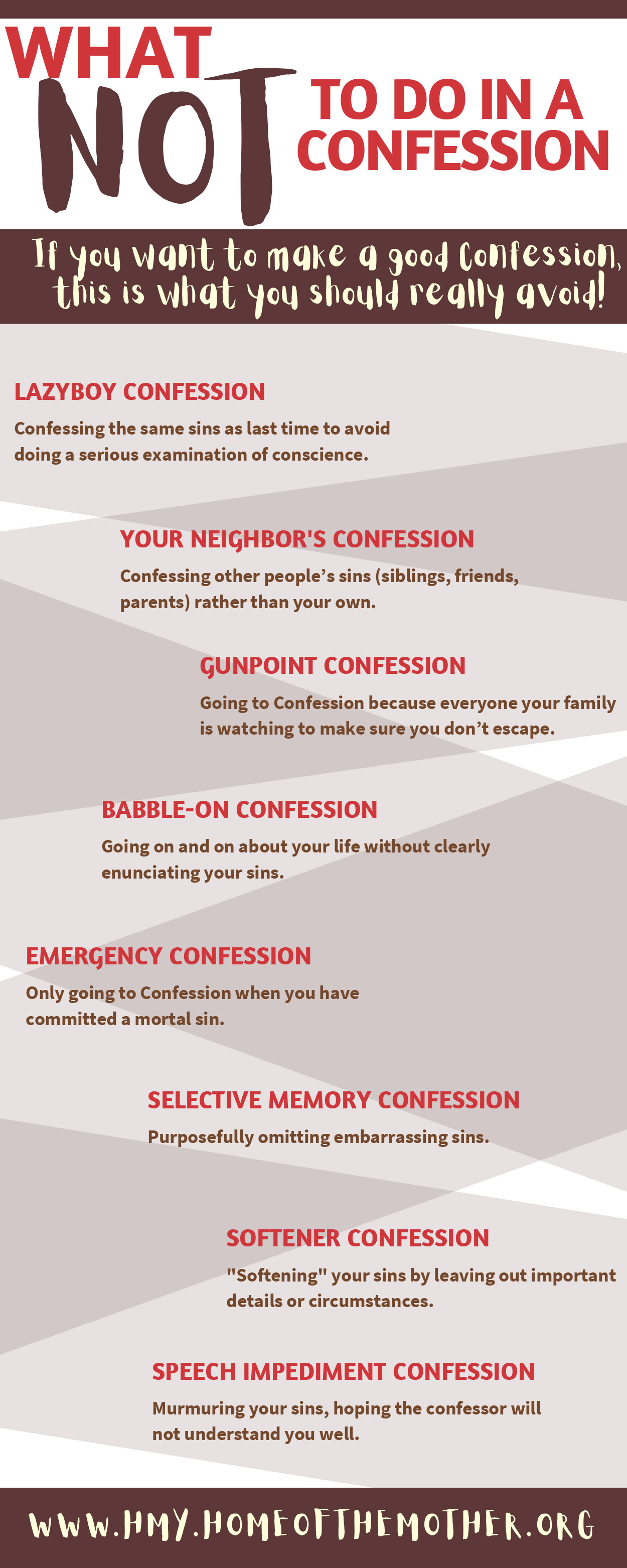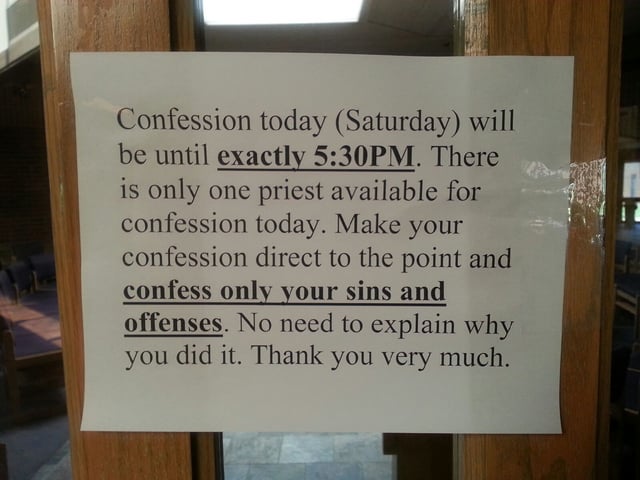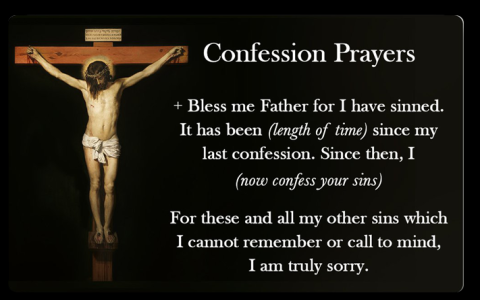So, you’re wondering if you can just hit ‘undo’ on a confession, huh? Like it’s some line of code you can just delete. I wish it were that simple, man. I really do.
It’s like this one time, years ago, I was working at this place, a small tech company. All hustle, no sleep, you know the drill. We were all pretty young, thought we were changing the world with an app that, looking back, probably just made things more complicated for people. But hey, we were passionate. Or maybe just naive.
Anyway, I was handling this big client account. Super important. The kind where if you mess up, everyone knows your name, and not in a good way. And I did. I made a mistake. Not a huge one, not a company-killer, but it was noticeable. It was going to cost us a bit of time, a bit of money to fix.

Now, I could have tried to hide it. Sweep it under the rug. Some folks do that. But I was raised to own up to stuff. So, I scheduled a meeting with my manager, a guy named Dave. Nice enough fella, usually.
I went into his office, sat down, and just laid it out. “Dave,” I said, “I messed up on the Miller account. Here’s what happened, here’s how I’m fixing it, but I wanted you to hear it from me first.” My heart was pounding, you know? That full-on confession moment.
Dave just nodded. Listened. Said, “Thanks for letting me know, Tom. Appreciate the honesty.” And that was it. I walked out feeling like, okay, that wasn’t so bad. Honesty is the best policy, right?
Wrong. Or at least, not always that straightforward.
A few days later, I started noticing things. Little things. I wasn’t cc’d on emails about the Miller account anymore. Decisions were being made without my input. When I asked Dave about it, he just said, “Oh, we’re just trying to streamline things. Don’t worry about it.”
But I did worry. It felt like my “confession” hadn’t bought me honesty points. It had flagged me as unreliable. The trust, it just sort of… evaporated.
So, I tried to “cancel” the confession, in a way. I worked extra hard. I fixed the original mistake, plus some. I kept telling Dave, “See? It’s all good. I’m on top of it.” I was trying to show them that the confession was a blip, not who I was.

Did it work? Not really. The damage was done. It wasn’t about the mistake anymore; it was about the fact that I had been the one to voice it, to admit a weakness. In that kind of high-stakes, always-on environment, maybe they just didn’t have room for that. They wanted heroes, not humans who make mistakes and admit them.
I remember seeing a new guy get assigned to “co-manage” the Miller account with me. That was the writing on the wall. My “confession” had put me on a different path there, one I didn’t like.
So, can you cancel a confession? Nah. Once those words are out, they’re out. They paint a picture. You can try to paint over it, add new colors, but the original lines are still there, underneath.
I learned a lot from that. Mostly about how different workplaces see honesty. Some value it. Others, well, they prefer the illusion of perfection. It’s a tricky world. You live, you confess, you learn. And sometimes, you just move on to a place where your kind of honesty fits a bit better.



